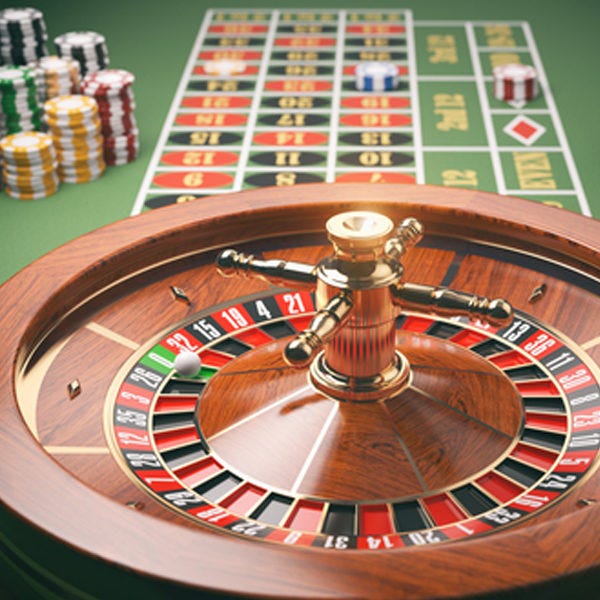Can you win a roulette game more often than not?
It’s a game of chance. The wheel spins and the ball moves and falls in a numbered pocked. You are required to predict the numbered pocket. By all means it seems it is a 50-50 chance game.
Over the years, people have tried to beat it, while the Casions have tried to stop them. Mathematicians, Physicists, professional roulette players and just about everyone has tried to game it, some succeeded, while others failed miserably but the quest to beat it on a consistent basis never died.
People have used different techniques from computers, listening aids to help listen carefully to the wheel rotation, to spirituality, wearing lucky charms and objects and beyond.
Physicists from MIT, Harvard, Cambridge and Ivy League colleges tried their best and some even invented small devices to improve the probability of their guess. For them “it was a matter of physics”, roulette wasn’t totally random. It was a spherical object traversing a circular path, subject to the effects of gravity, friction, air resistance, and centripetal force. An equation can make sense of those and increase the chance of winning. However, not many succeeded on a consistent basis.
Nonetheless, over the last decade, there have been a few who beat the system. One notably is a professional player from Croatia named “Niko Tosa” (not his original name, he used fake names to disguise himself). He played in the Ritz Club of West London and won on a continuous basis. He did not use any computers or devices but seems to have placed his bets after observing carefully the wheel and ball rotation a few seconds after the wheel starts spinning. He did lose many times, but he won more times than he lost and made millions on the wheel week after week.
He was briefly arrested and suspected of cheating the system, but the police found no evidence and so he was released.
The Casinos hated him and some bared him from entering their clubs. But it was not about Niko Tosa, there have been a few others who consistently beat the system. The Casions (particularly the ones in London) ordered a scientific enquiry into whether the roulette wheel can be beaten? The enquiry suggests that the answer is yes, in some cases.
They showed that over time the wheel develops small flaws (such as tilt), the pocket dividers could lose their smoothness, and even the uneven level of the floor could land the ball in certain places more often than others. Essentially, even a minor flaw in the wheel system could lead a “drop zone”, where the ball falls more often. Ordinary players cannot detect it, but professional and special players can through careful observation. Once you identified the drop zone, you can essentially have reduced the odds and increased the chances of winning. Special players like Niko were able to identify such minute differences in various wheel tables, not just one.
After the investigation, the Casinos at London have ordered new tables with Lazer cut pockets, randomized wheel rotation, precision balls, and hair-line tilt detectors to ensure that the game of chance remained a “game of chance”.




